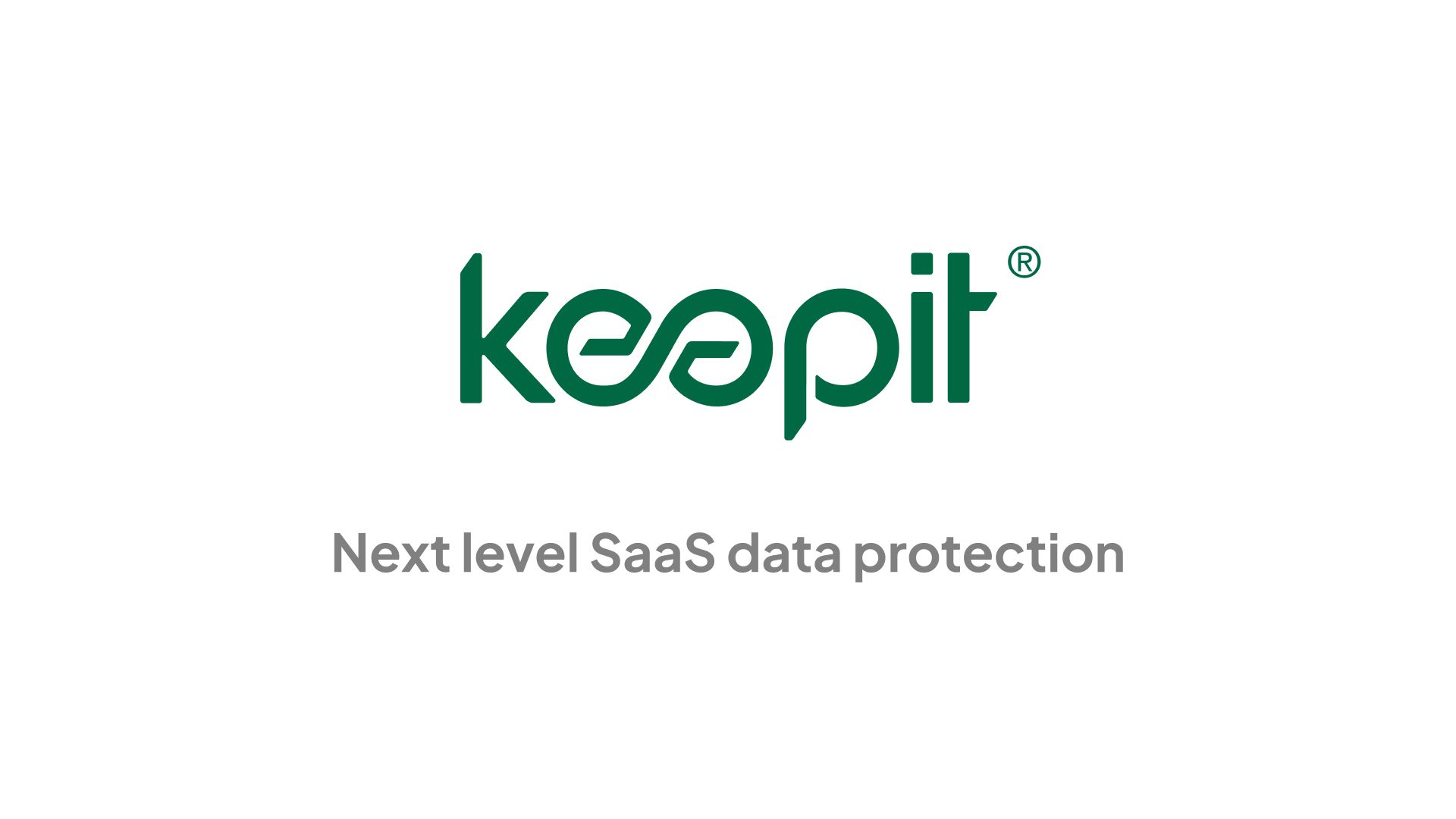The secure identity and access management market continues to hum along, as JumpCloud closed its Series E funding round with $100 million, including an additional $25 million since November from investors BlackRock, H.I.G., Growth Partners, OurCrowd and others.
Coronavirus led to what you might call a global business restructuring, with many offices and domain-based IT networks becoming obsolete and few companies touting solutions that were up to the task of processing secure log-in services for the abruptly remote workforce. That resulted in a wave of startups offering secure remote access platforms and solutions to help businesses address the security challenge.
JumpCloud CEO Rajat Bhargava told SC Media that while new competitors have popped up left and right over the past few years, particularly with the pandemic, the market for safe and secure log-in services has been steadily growing for the past decade.
“I think there’s a fundamental trend that’s been going on for probably the last 10 years, which is that people are much more remote and using different types of devices,” said Bhargava. “People have tried to have a gateway [with virtual private networks, but] the concept is outdated in a lot of ways.”
That said, it’s not just VPNs that JumpCloud wants to replace. Bhargava said over the past two decades businesses have piled a patchwork of different products and services – like multi-factor authentication, single sign-on, identity governance and administration policies and others – on top of their directory.
That increasingly complex mixture of devices, users and applications that must interact around identity has led to growing interest and investment by companies into zero trust networking and access solutions. Last summer, while the virus raged through its second wave, IT research firm Gartner advised companies to phase out legacy VPN-based access for users who don’t need full network access and replace them with a solution that establishes trust at the individual application level.
JumpCloud provides that service, connecting the end user directly to the application through the cloud, not the larger business network. Bhargava said their cloud-native solution starts with a core directory based around the user and their identity before building protocols on top that can connect users to their work systems regardless of operating system or device.
“When we started the company [eight years ago] we basically said ‘Hey, we think that’s broken, we don’t think the market wants to have a whole stack of solutions to be able to basically provide one thing, which is secure, frictionless access for their end users to whatever they need,” he said.
While much has changed over the years, the company believes that directory services like Active Directory will continue to be around for the long haul.
“We do believe that the directory is foundational to basically any IP network, so I think that’s a problem that virtually every IT admin is going to have to figure out how to solve, especially in this hybrid world that we’re going into,” said Bhargava.



